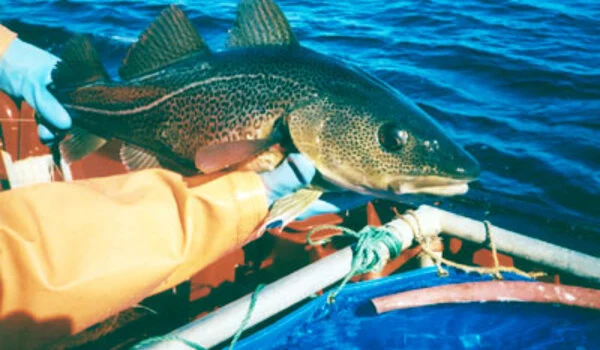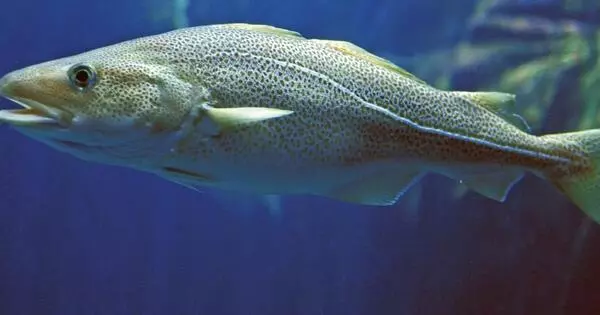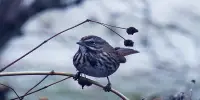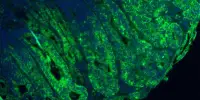Overfishing can have a significant impact on fish population evolution, including codfish. When fishing for specific traits, such as larger individuals or specific genetic characteristics, the genetic makeup of the population can change over time. This is referred to as fisheries-induced evolution or fishing-induced evolution.
According to a Rutgers-led study, overfishing of codfish in the second half of the twentieth century shows that human action can force evolutionary changes more quickly than previously thought.
A report published in the Philosophical Transactions of the Royal Society B: Biological Sciences by scientists provides the first genomic evidence that Atlantic cod evolved new traits over decades during a period of overfishing – evolutionary changes that scientists previously thought could take millions of years.
“The discovery was made possible by new technology that allowed us to extract and read the genetic code of cod, some of which were caught more than 110 years ago, as well as new analytical techniques that detect subtle changes in that genetic code,” said Malin Pinsky, senior author of the study and an associate professor in the Department of Ecology, Evolution, and Natural Resources at the Rutgers School of Environmental and Biological Sciences (SEBS).
The discovery was made possible by new technology that allowed us to extract and read the genetic code of cod, some of which were caught more than 110 years ago, as well as new analytical techniques that detect subtle changes in that genetic code.
Malin Pinsky
Scientists had noticed that many overfished cod had developed what appeared to be a survival advantage by the end of the twentieth century, maturing earlier and growing less large, making them less likely to be singled out for capture and more likely to reproduce before being caught. However, searches for transformations in key genes were unsuccessful.
Undaunted, the researchers posed a new question. What if the changes occurred in a large number of genes at once, rather than just a few? The insight, combined with new technology, pushed the Rutgers-led team to make the breakthrough.
“We have now been able to demonstrate that many genes throughout the genome did shift in the same way in cod from both sides of the Atlantic Ocean over the past 100 years,” said Brendan Reid, first author on the study and a postdoctoral associate in the Department of Ecology, Evolution and Natural Resources at SEBS. “This suggests that cod did indeed evolve in response to fishing through small changes in many genes, something we didn’t have clear evidence for before in any overfished species.”

Atlantic cod live in cold waters and deep-sea regions throughout the North Atlantic. Popular for their mild flavor and dense, flaky flesh, codfish is one of the most common ingredients in fish and chips. Cod livers are processed to make cod liver oil, a common source of essential vitamins.
Due to decades of overfishing, Atlantic cod populations fell to 1% of historical levels in the 1990s. Beginning in the 1970s, powerful trawlers outfitted with advanced radar and sonar systems enabled commercial fishermen to collect cod from a wider area, as well as fish more deeply and for longer periods of time than ever before. As a result, cod stocks were depleted faster than they could be replenished, eventually leading to the fisheries’ collapse and, as the Rutgers-led research shows, its rapid evolution.
The new research insights offer hope for the possible re-emergence of the codfish population which has been slowly rebounding since fishing pressure has been reduced, the scientists said.
“Because evolution in response to fishing occurred through many small changes in many genes rather than large changes in one or two genes, and cod have maintained most of their genetic diversity,” Reid said, “it will be easier for cod to evolve back to their previous pattern of slower growth at large sizes. The fact that cod populations are rebounding and returning to previous growth patterns suggests that, with proper management, this fishery can return to its previous state and provide a sustainable source of food for a large number of people as well as a source of income for coastal communities that rely heavily on fishing.”















